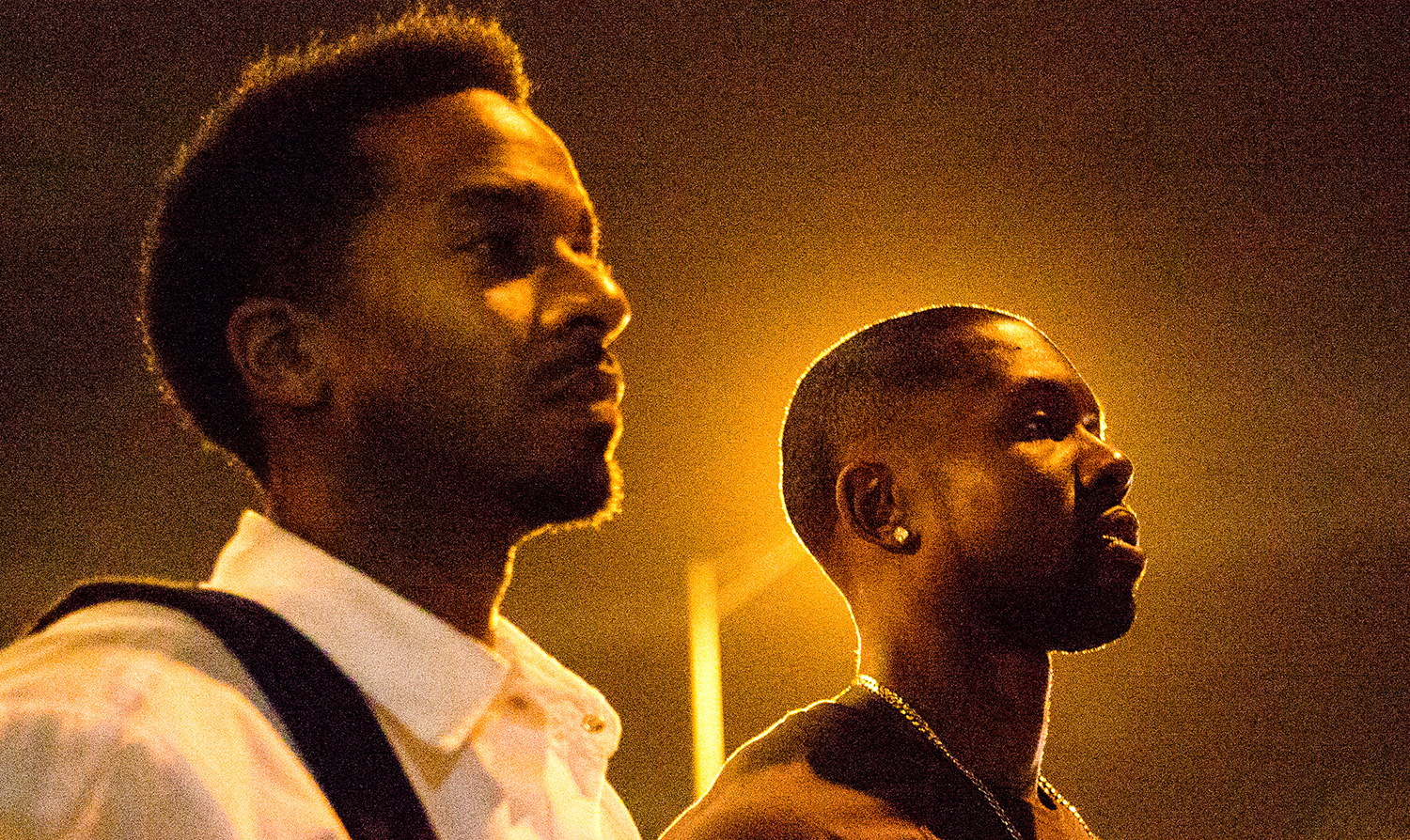 The Academy Is Changing
The Academy Is Changing
In the wake of the #OscarsSoWhite controversy last year, the Academy made a concerted effort to add new members that were younger, more diverse, and from around the globe. Over 600 new members came aboard, and in an organization of around 8000, it’s a considerable influx, and when it contains people like John Boyega, Brie Larson, Ana Lily Amirpour, Ryan Coogler, Cary Joji Fukunaga, Hou Hsiao-Hsien and Yorgos Lanthimos, it’s only going to help make the tastes of the group more adventurous.
 It’s The Latest In A Trend, Possibly Helped By The Preferential Vote
It’s The Latest In A Trend, Possibly Helped By The Preferential Vote
I’d argue that the last four years has seen a run of Best Picture winners— “12 Years A Slave,” “Birdman,” “Spotlight” and now “Moonlight” — stronger than any since the 1970s (depending on your feeling about “Dances With Wolves,” which preceded the undoubtably A+ run of “Silence Of The Lambs,” “Unforgiven” and “Schindler’s List”). Again, this might be down to a change in membership, and it might just be one of the periods where stronger work is being recognized by the Academy. But it’s also possible that it coincides with the introduction of the preferential ballot with the Academy. In brief, it means that voters rank all the nominees, and after the first round, the film with the least number one votes is eliminated, but their second place votes are distributed among the others, and so on, until one film has at least half the first-place votes (here’s a fuller explanation). At first, as “The King’s Speech,” “The Artist” and “Argo” won, it seemed like it might reward broad crowd-pleasers, ie. the least offensive movie. But in recent years, the process has been aiding the films that have a mix of both strong passion and wide respect. “La La Land” was adored, but also had some strong feelings against it, whereas “Moonlight” may have picked up votes in second, third or fourth place to make up for a lack of first place ones against its main competitor.

It Was The Best Picture
This is obviously subjective to some extent. And I don’t say it as a knock to “La La Land,” which I loved, and I would have been perfectly happy to see win. But “Moonlight” was the best film of 2016. It’s a film of rare beauty and feeling, with exquisite performances, that lingers long after the credits roll. More than any other, it’s a film that “civilian” friends have texted me about, going “Oh my god, I just saw ‘Moonlight,’ and it’s the most beautiful film I’ve seen in ages.” And sometimes, that cuts through everything else and is enough to win you Best Picture. In a perfect world, anyway.
Any other thoughts as to why “Moonlight” won? Fire away in the comments.






Now apply your same level headed logic to why Trump beat Hillary and just accept it. I’ve accepted Moonlight beat La La Land.
Trump won the Presidency on a perfectly allowable procedural technicality. However Hillary, who won 3 million more votes than Trump, clearly won the mandate.
The fight you are witnessing is not over the Presidency. Everyone acknowledges Trump won the Presidency. He got to pick those Oval Office drapes.
The fight is over the mandate.
It is not possible to win a mandate without winning over the majority of voters. Trump didn’t even come close.
So accept that.
At least the Oscars respect the popular vote. Even when they screw up, they rectify it right away.
“This is obviously objective to some extent.” Maybe, but don’t you mean “subjective?”
you claiming that moonlight was the best picture as objective truth is one of the least objective things I’ve ever read
Politics, that’s what happened. Moonlight’s Oscar win has nothing to do with cinema.